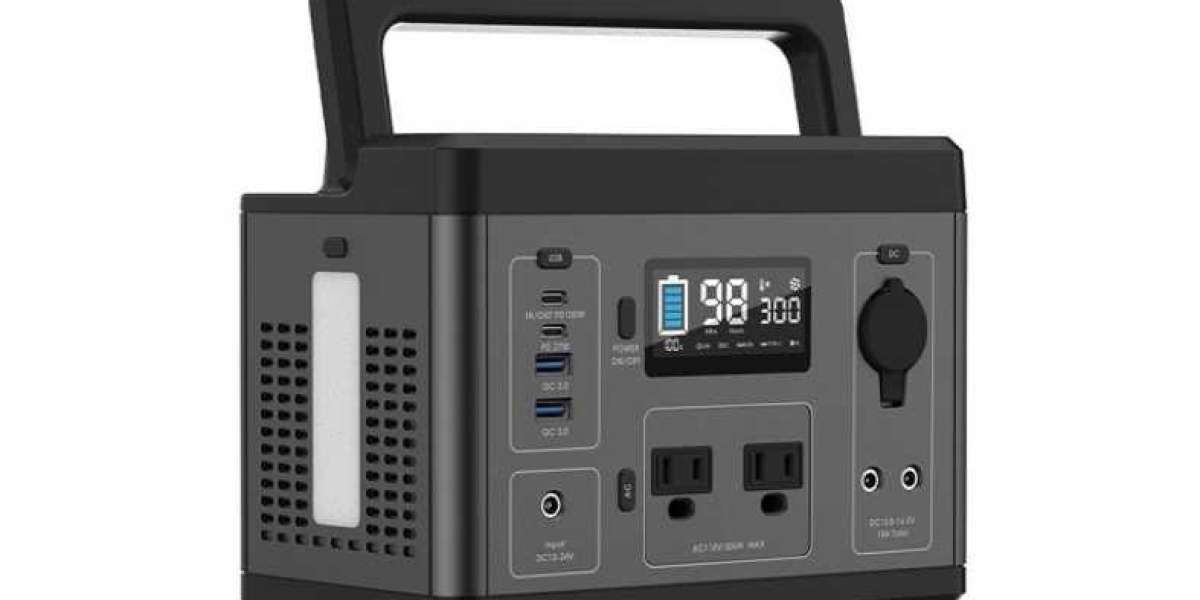Lithium-ion batteries have become an integral part of our modern lives, powering everything from smartphones to electric vehicles. In this article, we will delve into the world of lithium-ion batteries, exploring their composition, working principles, advantages, limitations, applications, and future trends. By the end, you will have a comprehensive understanding of these remarkable energy storage devices.
I. What are Lithium-Ion Batteries?
Lithium-ion batteries are rechargeable energy storage devices that utilize lithium ions to store and release electrical energy. They consist of several key components, including electrodes, electrolyte, and a separator. These batteries have evolved significantly over the years, with ongoing research and development to enhance their performance and safety.

II. How Do Lithium-Ion Batteries Work?
Lithium-ion batteries operate based on the movement of lithium ions between the positive and negative electrodes during charging and discharging cycles. The electrolyte facilitates the ion movement, while the separator prevents short circuits. Understanding the basic working principles of lithium-ion batteries is crucial to comprehend their advantages and limitations.
III. Advantages of Lithium-Ion Batteries
Lithium-ion batteries offer numerous advantages over other types of batteries:
1. High Energy Density: Lithium-ion batteries provide a higher energy density, allowing for longer-lasting power in compact sizes.
2. Lightweight and Compact Design: These batteries are lightweight and have a small form factor, making them ideal for portable electronic devices and electric vehicles.
3. Low Self-Discharge Rate: Lithium-ion batteries have a lower self-discharge rate compared to other rechargeable batteries, ensuring longer shelf life.
4. Longer Cycle Life: With proper care, lithium-ion batteries can endure hundreds of charge-discharge cycles, making them durable and cost-effective.
5. Rapid Charging Capability: Lithium-ion batteries can be charged at a faster rate, reducing downtime for devices and vehicles.
IV. Limitations and Challenges
While lithium-ion batteries offer numerous advantages, they also have some limitations and challenges:
1. Safety Concerns: Overheating, overcharging, and physical damage can lead to thermal runaway and potential battery fires. Proper safety measures and battery management systems are crucial.
2. Limited Availability of Raw Materials: The availability and cost of lithium and other raw materials used in lithium-ion batteries can impact their production and pricing.
3. Environmental Impact: The extraction and disposal of lithium-ion batteries can have environmental consequences. Recycling and proper disposal methods are essential to minimize their impact.
4. Cost Considerations: Lithium-ion batteries can be more expensive compared to other battery types, although their prices have been decreasing over time.

V. Applications of Lithium-Ion Batteries
Lithium-ion batteries find applications in various industries and sectors:
1. Consumer Electronics: Smartphones, laptops, tablets, and wearable devices heavily rely on lithium-ion batteries for their power needs.
2. Electric Vehicles: Lithium-ion batteries are the preferred choice for electric vehicles due to their high energy density and longer range capabilities.
3. Renewable Energy Storage: Lithium-ion batteries play a crucial role in storing energy generated from renewable sources like solar and wind, enabling a more sustainable energy grid.
4. Medical Devices: Many medical devices, such as pacemakers and portable medical equipment, utilize lithium-ion batteries for their reliability and longevity.
5. Aerospace and Defense: Lithium-ion batteries are used in aerospace applications, including satellites, drones, and space exploration equipment, due to their lightweight and high energy density properties.
VI. Tips for Maximizing Lithium-Ion Battery Performance
To maximize the performance and lifespan of lithium-ion batteries, consider the following tips:
1. Proper Charging and Discharging Practices: Avoid deep discharges and overcharging, and use chargers specifically designed for lithium-ion batteries.
2. Temperature Management: Operate and store lithium-ion batteries within recommended temperature ranges to prevent degradation and safety issues.
3. Storage Guidelines: If storing lithium-ion batteries for an extended period, ensure they are partially charged and kept in a cool, dry place.
4. Avoiding Overloading and Overheating: Do not exceed the recommended voltage or current limits during charging, and avoid exposing batteries to extreme heat.
VII. Future Trends and Innovations
The future of lithium-ion batteries holds exciting possibilities:
1. Solid-State Lithium-Ion Batteries: Solid-state batteries offer improved safety, higher energy density, and faster charging capabilities compared to traditional lithium-ion batteries.
2. Lithium-Air and Lithium-Sulfur Batteries: These emerging battery technologies have the potential to provide even higher energy densities, enabling longer-lasting portable devices and electric vehicles.
3. Advancements in Battery Management Systems: Ongoing research focuses on developing advanced battery management systems to enhance safety, performance, and efficiency.

Conclusion
Lithium-ion batteries have revolutionized the way we use and store energy. Their high energy density, lightweight design, and longer cycle life make them indispensable in our increasingly electrified world. However, it is crucial to address safety concerns, environmental impact, and cost considerations to ensure their sustainable future. As technology continues to advance, we can expect even more exciting developments in the field of lithium-ion batteries, paving the way for a greener and more efficient energy landscape.








